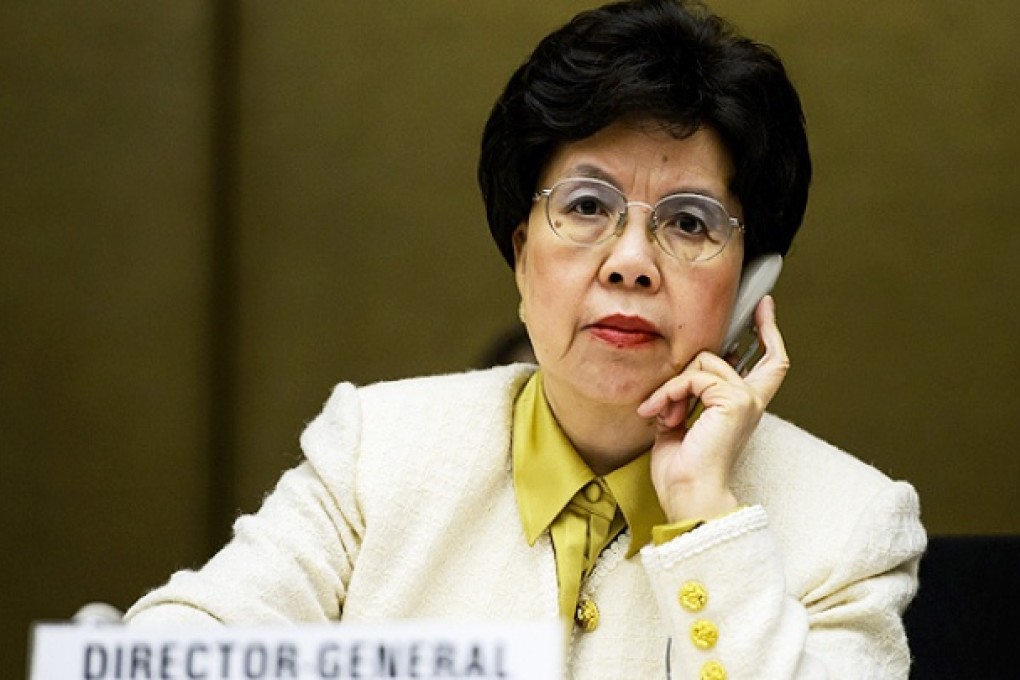WHO says patents are obstructing moves to fight Sars-like virus
WHO says dispute over ownership of virus sample could put lives at risk in quest for profits

International efforts to combat a new Sars-like virus that has killed 22 people are being slowed by the fact that a Dutch laboratory has patented copies of the pathogen in its search for potentially profitable rights to disease samples, the head of the World Health Organisation has warned.
Dr Margaret Chan Fung Fu-chun, in a blunt warning to the UN agency's annual global assembly, portrayed a previously little-known flap over who owns a sample of the virus as a global game changer that could put people's lives at risk. The virus, which first emerged in Saudi Arabia where most cases have arisen, is called MERS, for Middle East respiratory syndrome.
"Please, I'm very strong on this point," she said. "Tell your scientists in your country, because you're the boss. You're the national authority. Why would your scientists send specimens out to other laboratories on a bilateral manner and allow other people to take intellectual property rights on a new disease?"
The controversy stems from a sample taken by Saudi microbiologist Ali Mohamed Zaki that he mailed last year to virologist Ron Fouchier at the Erasmus Medical Centre in the Netherlands.
Fouchier tested, sequenced and identified it last September as a new virus. His private medical centre patented how it synthesised the germ and required researchers who wanted samples to first sign an agreement that could trigger a payment.